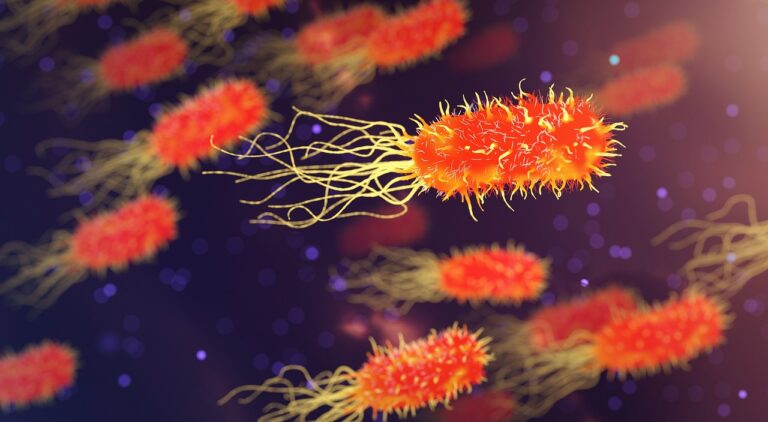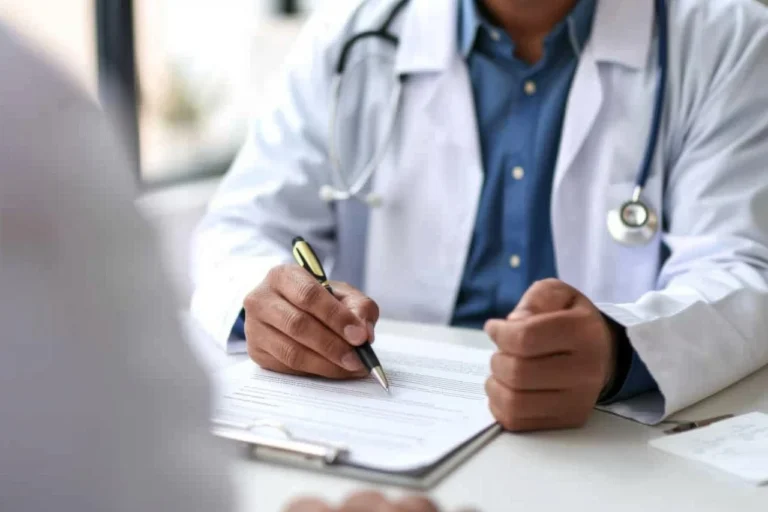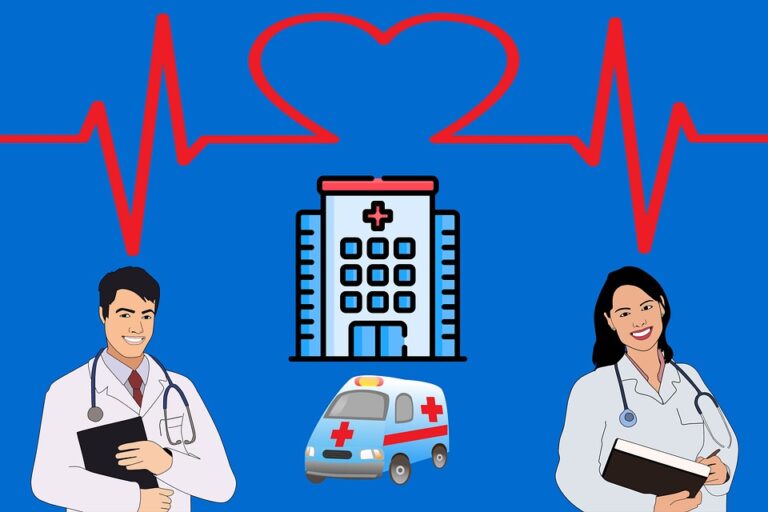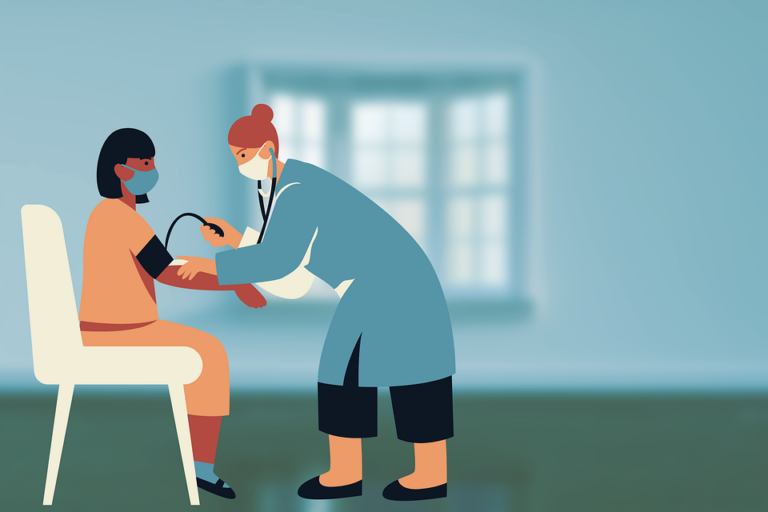Book Appointment Now
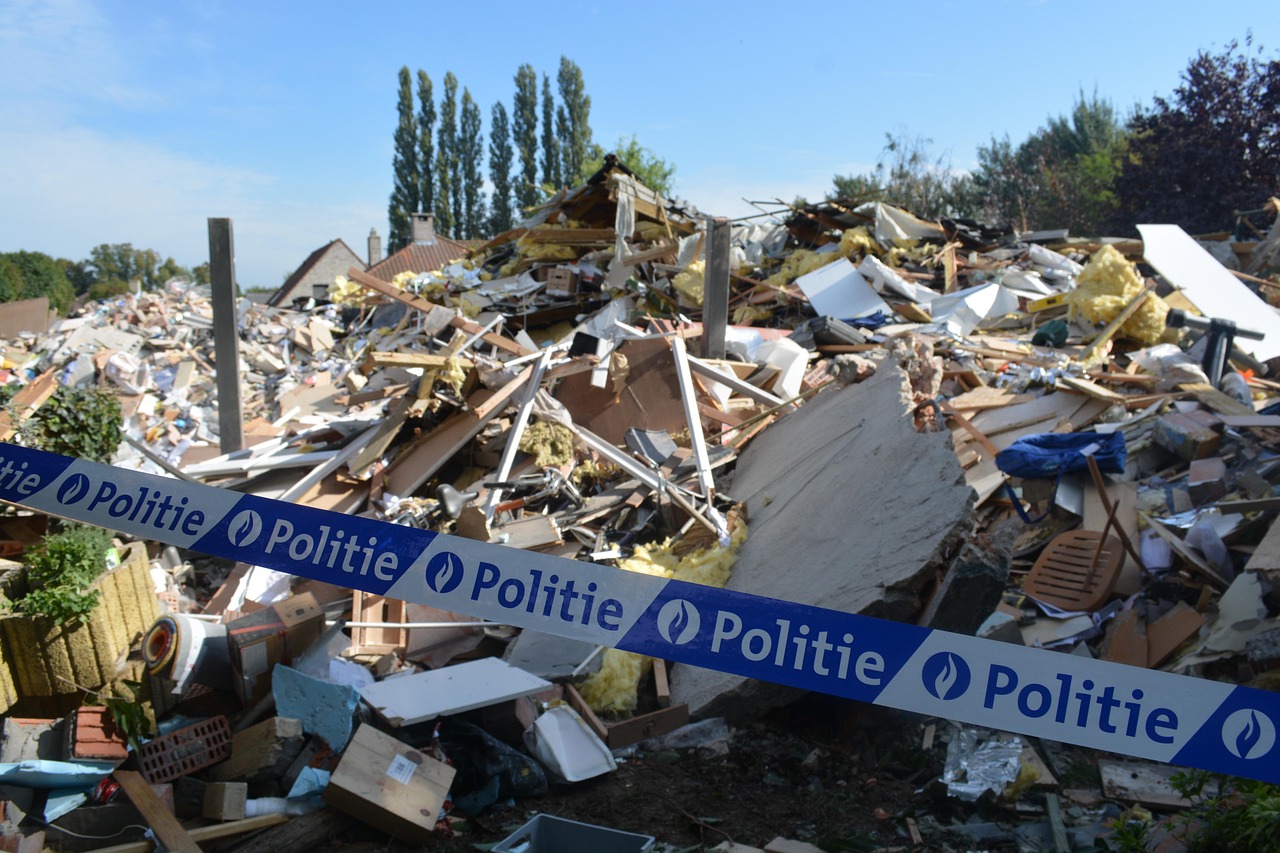
The Role of Public Health Nurses in Preparing for Natural Disasters
The Role of Public Health Nurses in Preparing for Natural Disasters is becoming increasingly critical as the frequency and intensity of natural disasters continue to rise. Public health nurses play a pivotal role in mitigating the health impacts of disasters by providing essential medical care, educating communities, and coordinating emergency responses. Their involvement ensures that vulnerable populations receive the support they need before, during, and after a disaster. By leveraging their expertise in public health and emergency response, public health nurses strengthen community resilience and contribute to effective disaster management.
Our nursing experts can deliver 100% custom paper about the role of public health nurses in disaster management according to your order instructions.
Write my nursing essay
The Importance of Public Health Nurses in Disaster Preparedness
Public health nurses in disaster preparedness serve as frontline responders who assess community risks and vulnerabilities. They work with local health departments, emergency management agencies, and non-governmental organizations to develop emergency response plans tailored to the needs of specific populations (Rebmann et al., 2019). These nurses conduct risk assessments to identify vulnerable groups, such as the elderly, individuals with disabilities, and low-income families, ensuring they receive necessary support during emergencies.
Education and training are also critical components of disaster preparedness. Public health nurses provide education on emergency preparedness strategies, such as creating evacuation plans, assembling emergency supply kits, and understanding disaster warning systems (Stanhope & Lancaster, 2020). By increasing public awareness and readiness, these nurses help minimize the adverse effects of disasters on individuals and communities.
Public Health Nurses’ Role in Disaster Response
During a disaster, public health nurses serve as first responders, providing medical assistance, conducting triage, and addressing the immediate healthcare needs of affected populations. They work in emergency shelters, mobile health clinics, and hospitals to administer first aid, manage chronic conditions, and prevent the spread of infectious diseases (Veenema et al., 2018). Their ability to assess and prioritize patient care ensures that limited medical resources are distributed efficiently.
In addition to providing direct medical care, public health nurses coordinate with emergency management teams to implement public health interventions. This includes ensuring access to clean water, sanitation, and vaccinations to prevent outbreaks of communicable diseases (Schmidt & Davis, 2021). Their role is particularly crucial in displaced communities where overcrowding and poor living conditions increase the risk of illness and injury.
Supporting Mental Health and Emotional Well-Being
The psychological impact of natural disasters can be profound, leading to stress, anxiety, depression, and post-traumatic stress disorder (PTSD) among survivors. Public health nurses provide mental health support by assessing emotional well-being, offering counseling, and connecting individuals with mental health resources (Neria et al., 2020). Their compassionate approach helps individuals and families cope with trauma and rebuild resilience in the aftermath of a disaster. Also read: Strategies to deal with PTSD
Additionally, these nurses support first responders and healthcare workers who may experience burnout and compassion fatigue. By facilitating stress management programs and peer support groups, public health nurses help maintain the mental health and well-being of those involved in disaster response efforts.
The Role of Public Health Nurses in Disaster Recovery
The recovery phase of a disaster involves restoring healthcare services, rebuilding infrastructure, and addressing long-term public health concerns. Public health nurses play a vital role in this process by conducting post-disaster assessments to evaluate the ongoing health needs of affected communities (Shultz et al., 2019). They work closely with local and national health agencies to implement recovery programs that focus on disease prevention, chronic disease management, and rehabilitation services.
Public health nurses also advocate for policies that strengthen disaster resilience. They collaborate with policymakers to improve emergency preparedness plans, allocate resources for healthcare infrastructure, and ensure equitable access to medical care for all populations. Their advocacy efforts help build stronger, more prepared communities capable of withstanding future disasters.
The Role of Public Health Nurses in Preparing for Natural Disasters is indispensable. Their contributions to disaster preparedness, response, and recovery is indispensable. Their contributions to disaster preparedness, response, and recovery ensure that communities are better equipped to handle emergencies and mitigate health risks. By engaging in proactive risk assessments, providing immediate medical care, supporting mental health, and advocating for comprehensive disaster policies, public health nurses enhance disaster resilience and public safety. As natural disasters continue to challenge global health systems, investing in public health nursing remains crucial for sustainable and effective disaster management.
References
Neria, Y., Nandi, A., & Galea, S. (2020). Post-traumatic stress disorder following disasters: A systematic review. Psychological Medicine, 40(8), 1079-1093.
Rebmann, T., Carrico, R., & English, J. F. (2019). Lessons public health nurses learned from past disasters: A qualitative study. Journal of Emergency Nursing, 45(6), 623-630.
Schmidt, C. K., & Davis, L. (2021). Public health response to natural disasters: The role of nurses in ensuring community health. Journal of Public Health Nursing, 38(2), 112-119.
Shultz, J. M., Galea, S., & Espinel, Z. (2019). Disaster public health nursing: Challenges and strategies for resilience. Disaster Medicine and Public Health Preparedness, 13(5-6), 779-789.
Stanhope, M., & Lancaster, J. (2020). Public health nursing: Population-centered health care in the community. Elsevier.
Veenema, T. G., Walden, B., Feinstein, N., & Williams, J. (2018). Emergency preparedness and disaster response in public health nursing. American Journal of Nursing, 118(10), 34-42.

